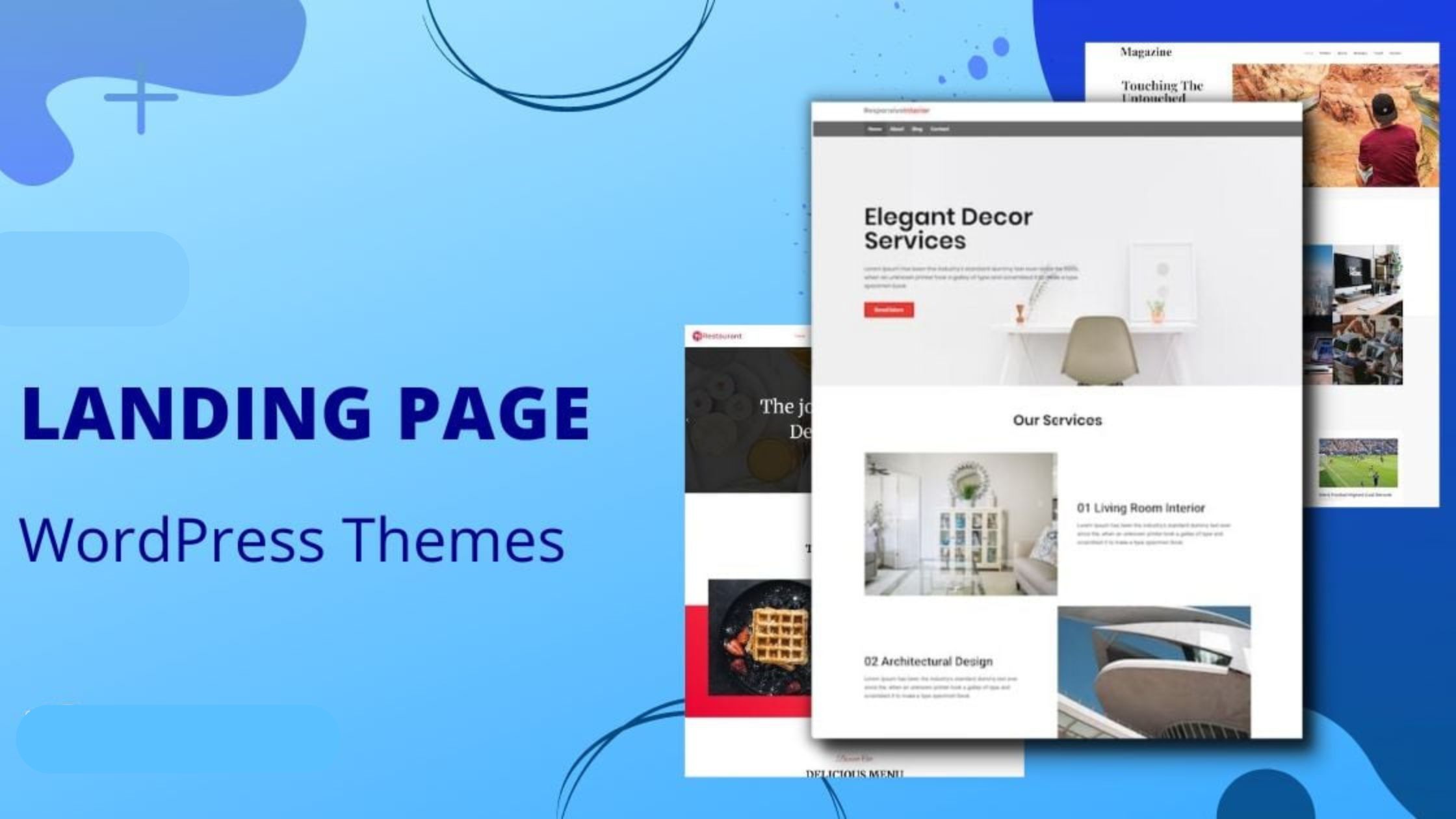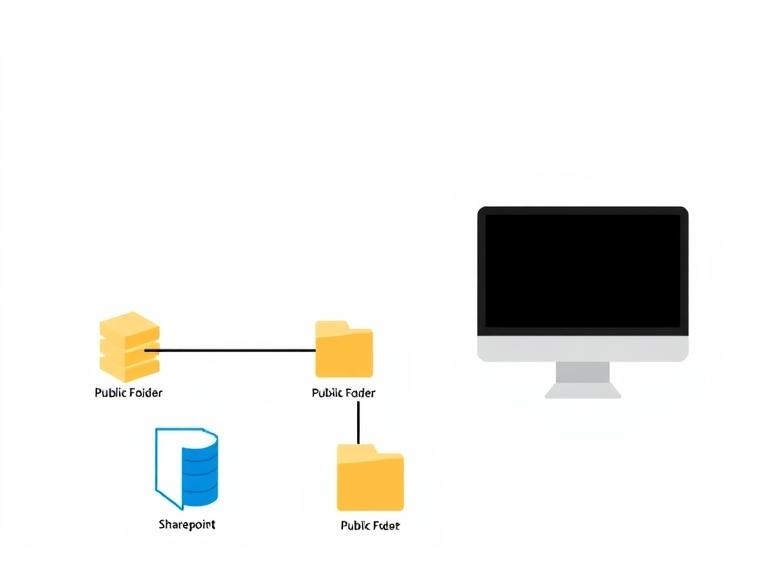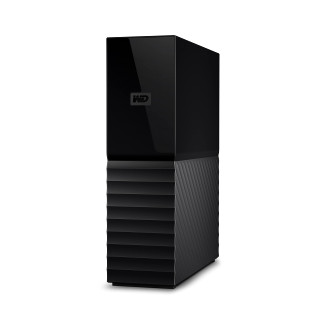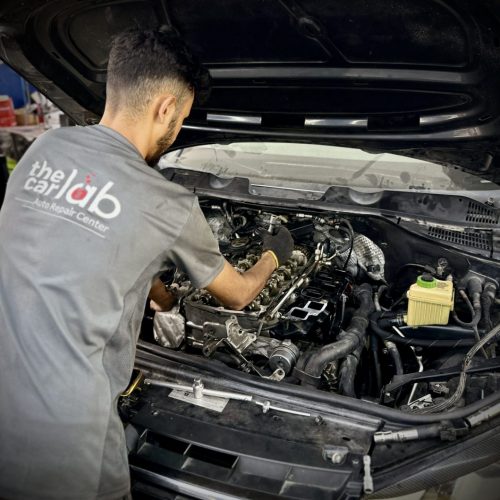Fastening solutions are the unsung heroes of countless industries, holding together the machinery, infrastructure, and products we rely on every day. While traditional screws, bolts/ baut, and rivets serve many purposes, specialized industries often require advanced fastening solutions tailored to meet unique challenges. From aerospace to medical devices, these innovative solutions push the boundaries of engineering to ensure safety, efficiency, and durability.
The Need for Advanced Fastening Solutions
Specialized industries often operate under conditions where standard fastening methods fall short. For example:
- Extreme Environments: Sectors like aerospace, oil and gas, and renewable energy often demand fasteners that can withstand extreme temperatures, high pressures, or corrosive conditions.
- Precision and Safety: In industries like healthcare and automotive, the failure of a fastener could lead to catastrophic consequences, making precision and reliability critical.
- Weight Reduction: The demand for lightweight components in fields like aviation and electronics has spurred the development of advanced fastening solutions that combine strength with reduced mass.
- Customization: Many specialized industries require fasteners tailored to specific applications, rather than one-size-fits-all solutions.
Types of Advanced Fastening Solutions
To address these needs, manufacturers have developed a range of advanced fastening technologies:
- Self-Locking Fasteners: These are designed to prevent loosening under vibrations or dynamic loads, making them ideal for aerospace and automotive applications. Examples include lock nuts, lock washers, and thread-locking adhesives.
- Blind Fasteners: Often used in situations where only one side of the workpiece is accessible, blind rivets and bolts are popular in industries like shipbuilding and construction.
- Adhesive Fastening: Structural adhesives provide a seamless alternative to mechanical fasteners, distributing stress evenly across bonded surfaces. These are widely used in the automotive and electronics sectors for lightweight and aesthetically pleasing designs.
- Smart Fasteners: These innovative solutions integrate sensors to monitor load, tension, and environmental factors in real-time. Smart fasteners are particularly valuable in infrastructure projects and critical machinery.
- Exotic Material Fasteners: For extreme environments, fasteners made from exotic materials like titanium, Inconel, or ceramic composites offer unparalleled resistance to heat, corrosion, and wear.
Applications in Specialized Industries
Advanced fastening solutions have revolutionized operations in several industries:
- Aerospace: The aerospace industry relies heavily on lightweight, high-strength fasteners to secure critical components like wings, fuselages, and engines. Titanium bolts and high-temperature fasteners are staples in this field.
- Healthcare: Medical devices and implants demand precision-engineered fasteners made from biocompatible materials. Examples include titanium screws for orthopedic implants and micro-fasteners for surgical instruments.
- Automotive: In the pursuit of lighter and more fuel-efficient vehicles, automakers use adhesive fasteners, blind rivets, and composite materials to reduce weight without compromising strength.
- Renewable Energy: Wind turbines, solar panels, and other renewable energy systems require corrosion-resistant fasteners capable of withstanding harsh environmental conditions.
- Electronics: The miniaturization of electronic devices has led to the development of micro-fasteners and adhesive bonding solutions for compact and precise assembly.
Innovations Driving the Future
The evolution of fastening technology is far from over. Current trends and innovations include:
3D-Printed Fasteners: Additive manufacturing enables the creation of custom fasteners with complex geometries, offering a new level of customization.
Environmentally Friendly Materials: As sustainability gains importance, manufacturers are developing fasteners made from recyclable or biodegradable materials.
Nanotechnology: Nano-coatings and materials are improving the strength, wear resistance, and corrosion protection of fasteners, particularly in demanding environments.
Artificial Intelligence: AI is being used to design optimized fastening solutions and predict their performance under various conditions.
Key Considerations for Selecting Fasteners
Choosing the right fastening solution is crucial for ensuring the performance and longevity of specialized equipment. Key factors to consider include:
Material Compatibility: Ensure the fastener material is compatible with the components to prevent galvanic corrosion or material degradation.
Load Requirements: Select fasteners capable of withstanding the expected mechanical loads and stresses.
Environmental Factors: Consider exposure to temperature extremes, humidity, chemicals, or UV radiation.
Cost and Availability: While advanced fasteners may be more expensive, their superior performance can justify the investment in critical applications.
Conclusion
Advanced fastening solutions are indispensable in specialized industries, providing the strength, reliability, and innovation needed to tackle complex challenges. As technology continues to evolve, these solutions will undoubtedly play an even greater role in shaping the future of engineering and design. By understanding the options available and selecting the right fasteners for each application, industries can achieve new levels of efficiency, safety, and sustainability. From aerospace to healthcare, advanced fastening solutions are the invisible backbone of modern innovation. tokohasil.com













